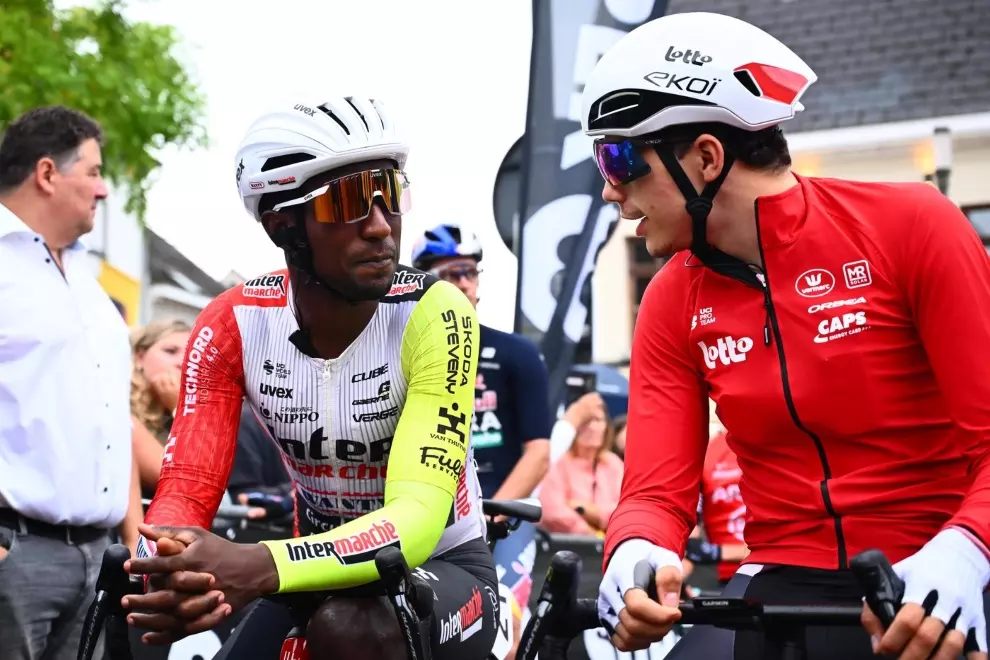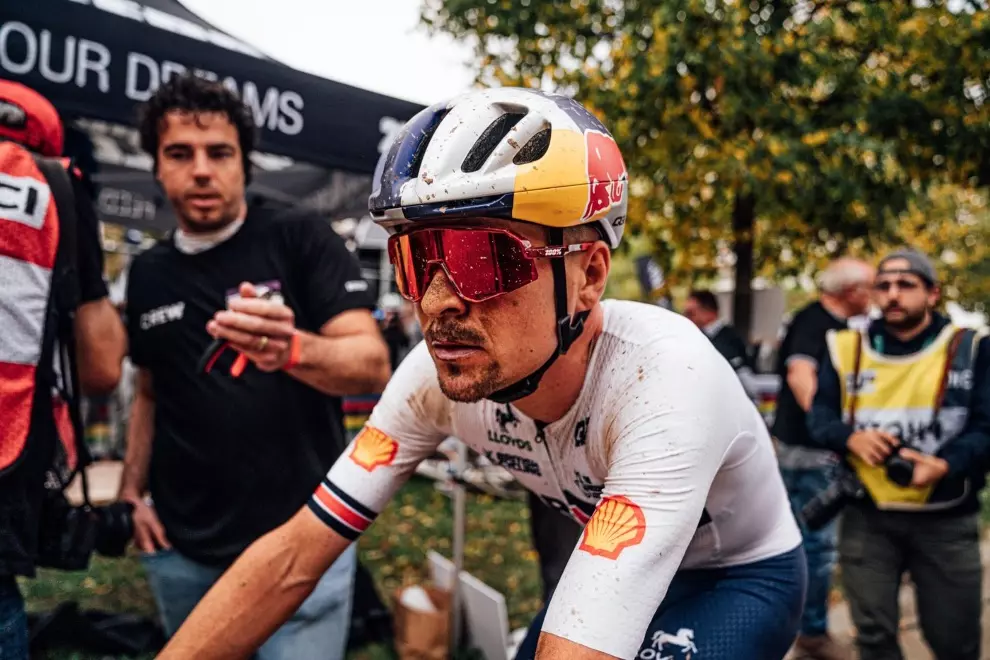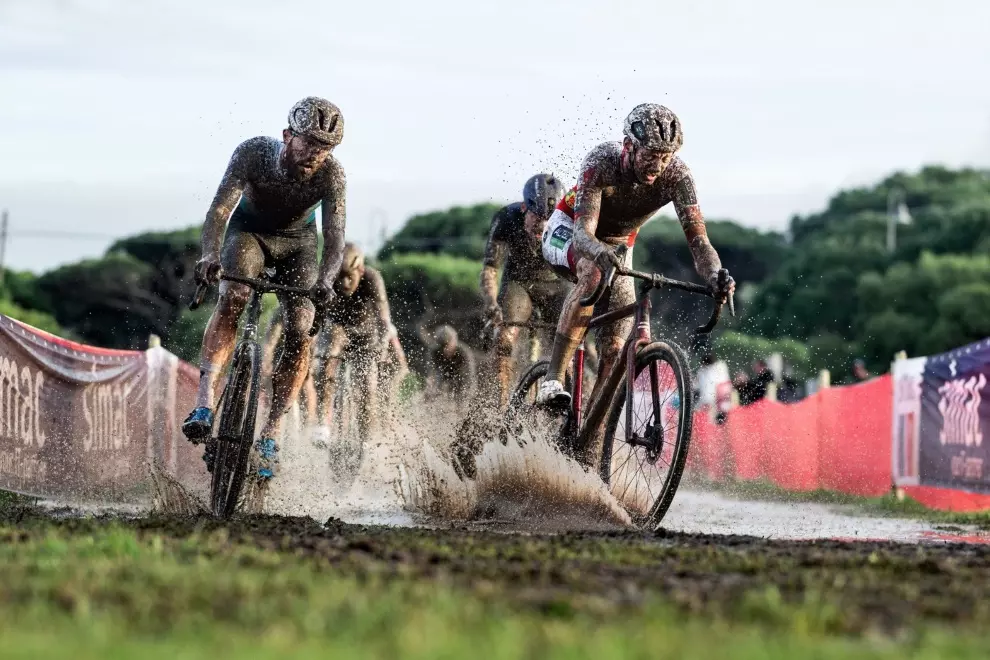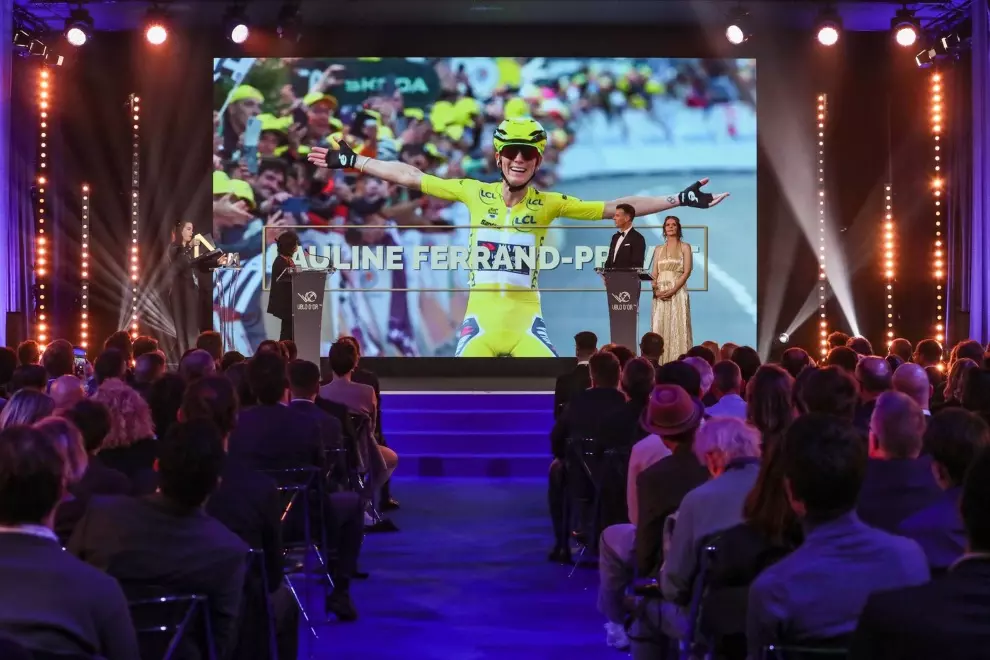But that is how it turned out. One of only four Luxembourg cyclists to win the Tour de France, Schleck retired from professional cycling at age 29 due to a knee injury sustained in a crash during the 2014 Tour. The crash damaged his cartilage so badly that he was advised by doctors that further riding would lead to irreversible damage. But as he began his ascent of the Col du Galibier, he had reason to hope that he could win a second Tour in a row.
The Galibier is no ordinary mountain. At 2,642 meters, it is the eighth-highest paved road in the Alps and usually the highest point of the Tour. In addition, it has been an essential part of the race since 1911, served as the stage for many epic battles, and was that year ‘celebrating’ its centennial as a Tour de France fixture.
Riding for the team Leopard Trek, Schleck was in fourth place in the general classification standings at the start of stage 18, trailing race leader Thomas Voeckler (Team Europcar) by 2:36, with eventual winner Cadel Evans (BMC Racing) sitting second, 1:18 behind the leader, while Andy’s big brother and teammate, Fränk, sat third, at 1:22. It was unlikely that he could leapfrog all four rivals in a single stage, but it was not impossible. And he had a plan, which was to attack with more than 60 km left to ride in the 189 km course from Pinerolo to Galibier Serre-Chevalier.
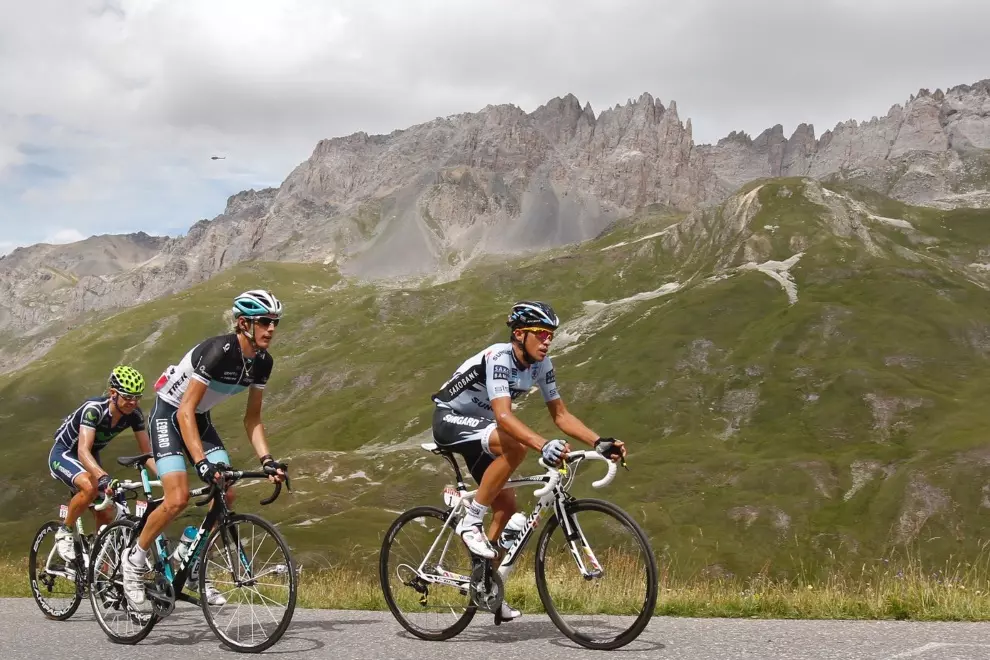
It was a risky and even desperate plan, one that could lead to triumph or, if his legs gave out on the final climb, losing a place in the final top 10. As Schleck explained after the stage, “I don’t want to finish fourth in Paris, and I said to myself, ‘I’m going to risk everything. It’ll work or it’ll fail. That’s the way I am: I’m not afraid of losing. And if my legs were hurting out in front, I knew the others would be hurting to catch me up.”
Schleck’s winning move actually began halfway up another legendary Tour de France climb, the Col d’Izoard (14.1 km @ 7%), after teammate Jens Voigt upped the pace and the Luxemburger burst out of his slipstream to open a gap as his rivals dithered while waiting for someone else to take up the chase. Schleck had a lead of about 1 minute when he was met on the climb by teammate Jens Posthuma, who had been in a breakaway but now waited for his leader. He paced Schleck for much of the rest of the climb, so that when he went over the summit, his lead over his yellow jersey rivals had ballooned to 2:18.
On the descent and the flat ride to the base of the Galibier, Schleck picked up other members of the early breakaway and, riding well together, they increased the gap to the peloton to 3:46. Informed of the lead he had on his rivals, Schleck could believe that the yellow jersey was well within his grasp. But it was not to be.
Eventually, the group of his rivals began their pursuit in earnest, and would always have the advantage of numbers over a solo rider. The surprising Voeckler, aiming to become the first French rider since Bernard Hinault in 1985 to win the Tour, limited his losses to 2:21 and retained a 15-second lead over Schleck in the GC. More important for the final result, Evans now trailed Schleck by only 1:12, which he more than made up in the stage-20 time trial, where he beat him by 2:31.
Schleck finished the race in second place, 1:34 behind the winner, but with the great satisfaction of having conquered the Galibier on his own. The rest of his career was marked by injuries. He was unable to ride the Tour in 2012, finished 20th in the 2013 Tour and abandoned the race in 2014, after crashing on stage 3, the last competitive race of his career.
